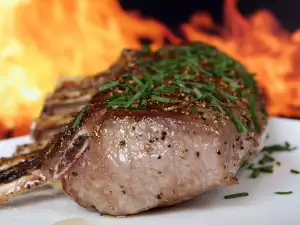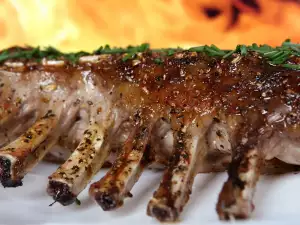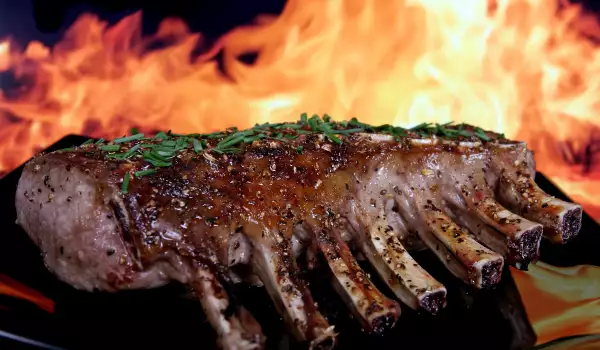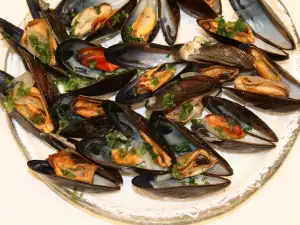Venison is deeply appreciated, incredibly tasty and nutritious meat that is either from wild, or home grown deer. While the taste of the meat is directly linked to a meat diet, venison is usually described as having a full, deep taste of something akin to red wine matured in oak barrels and flavored berries. It has a soft and delicate texture.
The scientific name for the venison family Cervidae.
Historians suggest that venison is consumed as food much longer than other meats, such as beef, chicken and pork, which are now quite popular. Although deer and other game have inhabited the world for millennia, the practice of venison being used for food apparently comes from ancient times, since the Stone Age.
The ancient Greeks were the first civilization to invent "manuals" for hunting, but the Romans had praised not only the pleasure of the hunt, but the consumption of prey. Today, venison is still enjoyed by many cultures that rely on themselves to obtain their food by hunting.
Moreover, for many reasons, including the maintenance of natural populations of animals, deer farming has gained popularity. Today, New Zealand and the U.S. are leading countries specializing in home breeding of deer.

Composition of venison
Venison contains large amounts of antioxidants, vitamin B6, vitamin B12, niacin and riboflabin. They are very low in fat, calories and cholesterol.
Selecting and storing venison
- Choose a young deer who will be with darker and fine embossing meat and white fat.
- Always look to the expiry date, as in other meats.

- Keep venison in the refrigerator in its original packaging. This way, it will last for about 2-3 days.
- If you can not use all the meat at once, freeze it with foil wrapping each piece individually. In the freezer, it will keep for about 3-6 months.
Cooking venison
Venison is a very healthy choice for any meal, and it's one of the most delicious game meats. Its taste is very specific, slightly closer to veal. Serve slightly raw, otherwise it becomes too dry.
- As with other meats, be careful when processing raw venison. It should not come into contact with other foods, especially those who are served without heat treatment. Wash cutting boards, utensils and hands with hot soapy water after your work with meat.
- If your recipe requires marinating, always place the meat to marinate in the refrigerator.
- If you defrost venison, do it in the refrigerator, not at room temperature .
Benefits of venison
Venison may not appear often in our plans for dinner, but it can be a wonderful addition to our plan for a healthy diet.
- Rich in protein and iron and low in saturated fat. Venison is a good source of protein, while unlike other meat, it is low in fat. The iron is a component of hemoglobin, which transports oxygen from the lungs to all the cells in our body. If you are pregnant or breast feeding, your need for iron increases. Children also have an increased need for iron.
- Rich in vitamin C, which helps to better our cardiovascular health and gives us energy. Venison is a very good source of vitamin B12, providing 60% of our daily value of this essential vitamin. It also contains good amounts of other B vitamins, including riboflavin (40% daily value), niacin (38% of the daily value) and vitamin B6 (21.5% of the daily value of vitamin B6).
Dangers of venison
Venison contains naturally occurring substances called purines, which are commonly found in plants, animals and humans. Some people are prone to problems associated with the intake of purines and therefore should be careful not to eat venison in large quantities.






















